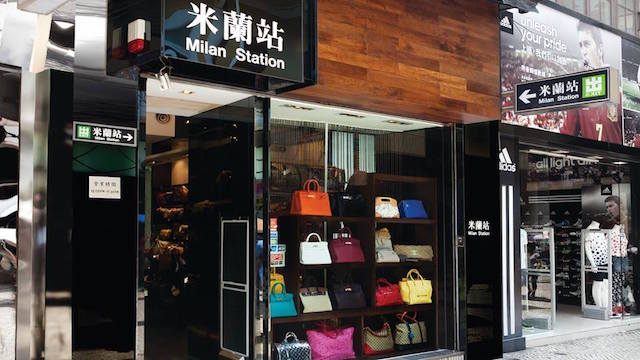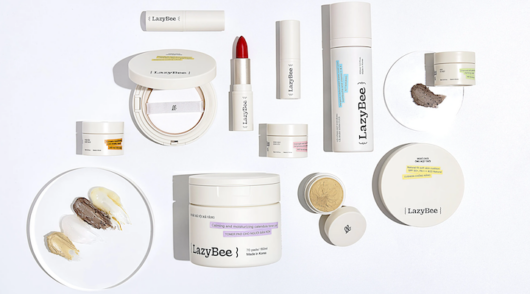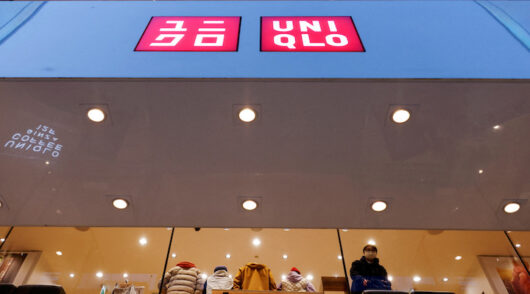In a tough year for its stores in Asia and a second consecutive annual loss, luxury handbag retailerMilan Station Holdings was hit particularly hard in Macau.
It was forced to close its stores there as its revenues plunged by 80.8 per cent year-on-year to HK$15.6 million (US$1.94 million) last year, according to its filing with the Hong Kong Stock Exchange.
“The gaming industry and tourism industry in Macau has shrunk in recent years, which has greatly bombarded the group’s business,” says the retailer. “During the year, the group closed its retail stores in Macau, while the points of sale in exclusive ‘clubhouses’ also performed unsatisfactorily.”
To improve its revenues, the company intends to adjust the product mix for its sales points in exclusive clubhouses in Macau, as well as focusing on selling mid-priced brands.
Overall last year, the company’s total revenues dropped 35 per cent year, from HK$616 million in 2014 to $400 million. It posted a narrowed net loss of $48 million for the year, about 9 per cent lower than the previous year’s $53 million loss.
The group closed its store in Shanghai during the year and sub-let part of the office area of
Its Beijing store. The group’s sales in Mainland China fell 43.8 per cent to about $39.2 million, with revenue mainly coming from its Milan Station shops in Beijing, Shenyang, Jiangmen and Chengdu respectively.
In February, the group’s franchisee in the Singapore market terminated its contract. The group says it will watch the market conditions and opportunities in Singapore prudently, and may reconsider franchising again when the market outlook becomes promising.
Milan Station’s Hong Kong sales also fell, by 23.9 per cent to $343.9 million.
The group says its luxury handbags sales in China and Hong Kong had been significantly affected by Mainland Chinese tourists preferring to travel and shop in regions with weaker currencies, such as Europe, Japan and Korea.
Severe challenges in the retail market in Hong Kong included the continued decline in tourists from the mainland, and the price difference of luxurious goods because of exchange rate fluctuations.
Also noted was a tendency for mainland tourists to come from second- and third-tier cities with weaker spending power.
“In facing the rapid changes of customer preferences and weak consumption sentiment, the group continued to adhere to providing genuine and certified products to target customers, committed to enriching product mix, focused on boosting the returns on points of sales and grasped the opportunities to develop diversified marketing channels,” says its report. As a result, the group’s business continued to develop despite severe challenges.
To further enrich its portfolio, the group last year spent $3 million to acquire a 51 per cent interest in WLS, which provides spa and wellness products in Hong Kong. Its wholesale business has 14 retail stores selling Thann skincare and home-spa products out of Thailand.
“A loyal customer base is an important asset of the group,” says Milan Station.
During the year, it continued to co-operate with banks, hotels and retail partners to provide sales promotions and discounts to members of the Milan Station Loyalty Membership Scheme, and in future plans to co-operate with retail partners “to offer members more surprises”.
Meanwhile, the group says it is “cautiously optimistic” about the outlook of the luxury goods market in mainland China and Hong Kong.






